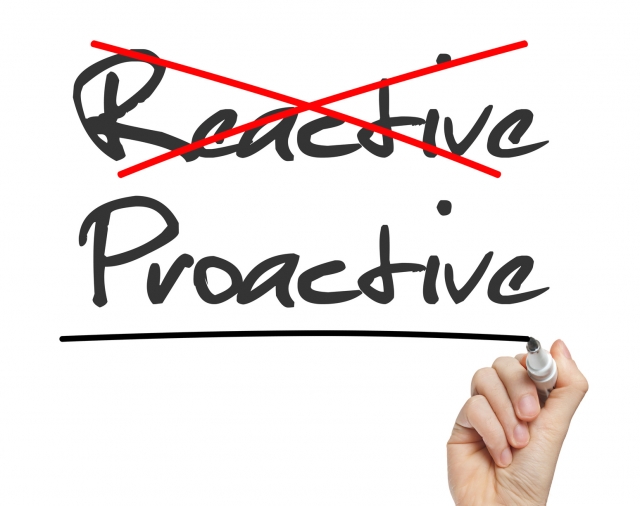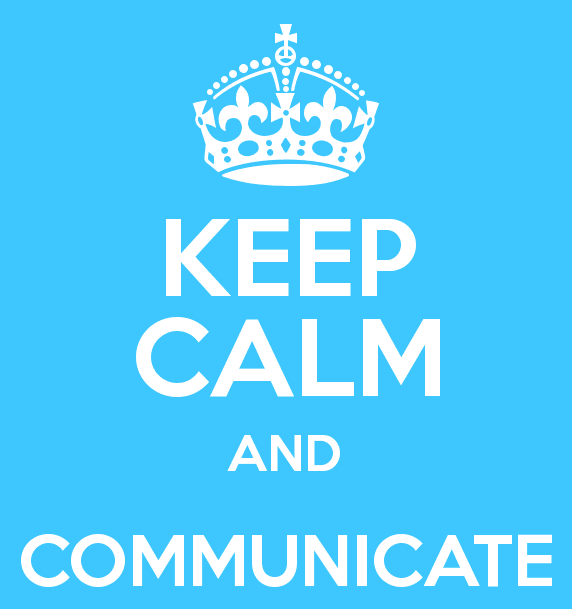This Essay 5 Hacks Every Effective Communicators Use is writen by: Kartik Sameer Madiraju – 2013 Insight Collaborative with input from David Seibel – President of Insight Collaborative
Insight Collaborative (www.insightcollaborative.org) is a U.S. and Canadian non-profit conflict management firm dedicated to resolving conflict and improving relationships around the world, especially through effective negotiation and communication training and advice offered to individuals, governments, nonprofits, and other underserved populations.
At Insight Collaborative, we believe that getting more of what we want requires creating value for all of the stakeholders while simultaneously improving their working relationships.
Conflict is an inevitable part of life.
Certain mindsets, or ways of thinking, are more likely to produce moves in a conversation that will yield better substantive and relationship results for everyone involved.
Through its Fellowship Program, Insight Collaborative offers the opportunity to study and practice effective negotiation and conflict management while pursuing related humanitarian contributions and personal development around the world.
With 11 years of experience in environmental justice, I am providing 5 simple tips to improve your communication and negotiation skills—key qualities of every successful environmental justice advocate, and anyone who communicates with others to create value for themselves and their organizations.
1. Be Proactive, Not Reactive
Ever feel like you need to wait for the other side to make a move, or open the dialogue, in order for you to know how to respond?
Conventional advice and the typical reactive mindset suggest that we should adapt to a situation based on how other people act around us. If they say X, we should reply with Y. If they try to do A in the negotiation, we should counter with B.
Reactive thinking, and the associated “let’s wait-and-see how they approach it” behavior, decreases the probability that the conversation will get to where we want it to go, and it decreases how long it will take to get there.
Key piece of advice? Shift your mindset from reactive to proactive. Lead the conversation. Set a collaborative tone. Suggest an agenda that includes problem solving the concerns of all stakeholders. If you see an opportunity to open the dialogue, go for it! If you find a window where you can create value for yourself or everyone involved, ask the other side to spend 10 minutes with you exploring those options.
When we are proactive with a collaborative frame, we show the other side a willingness to collaborate and generate value together. We also show the other side how much the relationship matters to us without giving up any substance to do it. Be proactive.
2. Prefer Direct Modes of Communication over Indirect Modes
It’s a new relationship—someone just joined your organization and it’s our job to make sure she integrates well with the team.
Or it’s a huge change—we need to tell the leader of one of your projects that his idea needs to be held indefinitely.
Or maybe it’s a strategic relationship that has become difficult or strained over the course of many difficult conversations, or we simply predict that the topic is controversial.
In these situations, we tend to avoid talking directly to the other side to save ourselves time, escape discomfort, or to prevent risking further relationship damage.
We send the new colleague a text message welcoming her to the group. We e-mail the project leader a few lines about the huge upheaval. And we leave a voicemail to deliver a controversial decision to the individual with whom we’ve had difficult times before.
We find that all the modes of communication available to us in the 21st Century are more of a gift than a curse—as long as we can be purposeful and strategic in choosing which mode to use in each situation.
Key piece of advice? When the situation involves a new relationship, a big change, or potential conflict move towards the most direct form of communication available. In person over teleconference over phone call over voicemail over email. Our desire for efficiency is the enemy of wise decisions around modes of communication. A quick email seems like a great idea until you eventually realize that it was misinterpreted by the other side. If only you could have seen the unintended impact and fixed it right away!
Invite the new colleague out to lunch with the group. Skype the leader and explain the situation in detail. Visit or call to that individual to move the relationship in a better direction. If you need to document the exchange, send a summary email afterwards.
3. Focus on Interests, Not Positions
In nearly any interaction, it is important to know what we want—maybe it is a 15% raise at work. Maybe we want to lead a new campaign in our organization. Maybe we want an extension on an assignment.
Most of us are used to stopping there. We are clear about our position, and if the other side doesn’t agree, we either repeat our position (because they must not have heard us!) or we start bargaining. If a two week extension isn’t enough we ask for 10 days, then one week, then the weekend…sound familiar?
There is something far more important and helpful for us as negotiators and communicators to consider: behind every position, or behind every ‘what’ is an interest, or the ‘why’.
The interest is the reason for a given position. You might think your employee wants a raise because he wants to increase his income, when it could be that he is looking for recognition or professional status. You might be after that campaign leadership position not because you’re after recognition, but because you’d like greater control and responsibility.
The next time someone has a very clear and specific idea of what they want, that is the best moment for you to simply ask the question: Why? If the question seems unclear, try asking, “What interests are met (or not met) by that idea?”
Key piece of advice? When you focus on the interest, and not the position, you bring the interaction to a place where you can generate more options together to meet those interests. Instead of a 15% raise, maybe a new job title with added responsibilities, maybe a performance-based progressive raise, maybe being commended publicly as an outstanding project team leader, etc. There is only one way to meet a position, but there are many ways to meet an interest.
4. Talk About Feelings
Leave your feelings at the door. Don’t bring emotions into the workplace. Be practical. Just calm down.
All phrases we have heard as advice for what to do in professional settings.
At Insight Collaborative, we accept that feelings and strong reactions are part of daily life, and the workplace is no exception. It is perfectly normal for you to feel upset, hurt, frustrated, betrayed or under appreciated.
A large part of why conversations become difficult or conflict becomes unmanageable is because we tend to dump our emotions unproductively (i.e. shouting, throwing things, cursing, insulting, etc.) Just as often, we think that we are supposed to bottle those emotions up. If we avoid talking about our emotions in the workplace, we risk having those feelings leak out later when they have no context, or we take out all our frustrations in an explosive manner on someone else.
There are productive ways to talk about how we feel, and our emotional reactions to professional situations when the goal is better mutual understanding, rather than to agree or disagree. We can let the other side know how we feel, what might have caused that reaction, and how each party perceives the situation and the feelings involved. Or we can use inquiry and acknowledgment to help the other person shift from stewing in their feelings, to becoming more aware of what is happening in their heads, and in the conversation.
Key piece of advice? Remember that feelings are inevitable and it is almost always a better idea to raise them productively rather than avoiding or dumping them.
5. Debrief Yourself
We have negotiations every day, in all parts of our lives—at home, at work, in the shopping mall, at the restaurant. Every effective communicator and negotiator stays aware and mindful of the fact that the best way to improve our communication skills is when we evaluate our own conversations.
So the next time you have an important conversation with someone, try the following simple debrief. Ask yourself what worked well in the conversation, and ask yourself if there are things you might want to do differently if you have a similar exchange in the future.
Key piece of advice? Make a habit of evaluating your conversations and negotiations privately, to help you identify things that worked well, and things you could do differently next time.
Want to Learn More?
If you want to learn more about Conflict Resolution – Effective Communication and Negotiation – Kartik will be hosting a in person conference covering (including but not limited to) these pertinent and powerful topics:
- dynamics common to all influencing and negotiation situations
- systematic frameworks and tools
- skills development and practice
- application to real-world challenges including how to deal with difficult tactics (positional bargaining, threats, strong emotions, lying, time pressures, etc.)
To learn more about the event or to purchase tickets visit the event page here.





